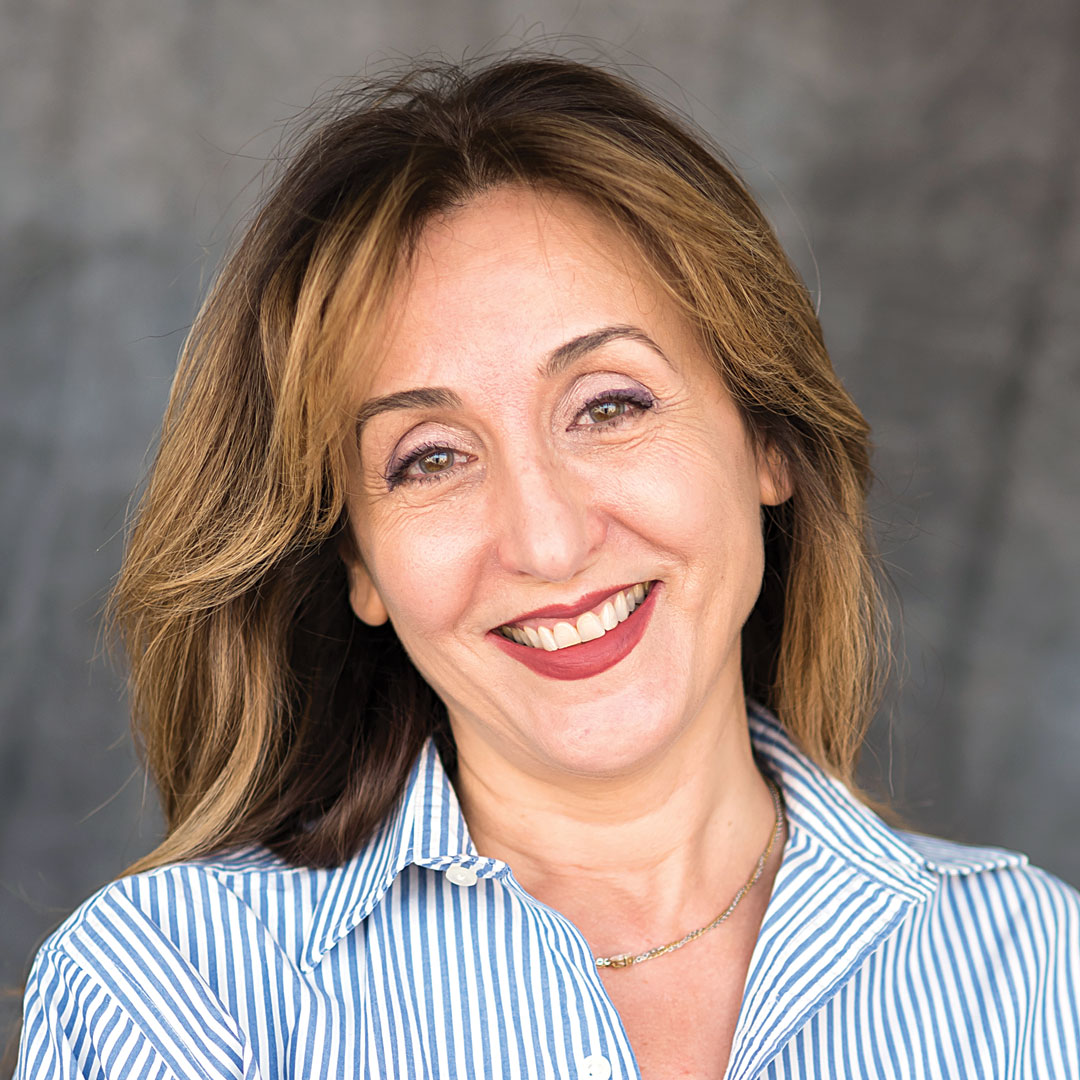It’s like Alice falling through the rabbit hole: step onto any university campus, and the world is bigger, more colorful, more full of chance and wonder than you thought possible. To be reminded of the beauty of youth, the innocence of the untested, the buoyancy and optimism of the untouched. It’s a transformative experience — humbling and hopeful, a reminder of life’s most sacred promise: that every mistake can be corrected, every disappointment can lead to joy, every generation’s failures can be mitigated by the triumphs of the next.
I see that two or three times a week at USC and every time my own college-age son and daughter or their friends walk into our house. But for a while now, I’ve seen something else as well — a shadow of doubt in the kids’ eyes, an air of uncertainty, a hesitation that wasn’t there 10 years ago, when I started teaching, or 10 years before that, when I was still a student myself. It’s not only this year, not just because of the economy being what it is. It’s something I’ve been seeing grow and spread for a few years, something the kids talk about whenever there’s a chance: for all the talk of promise and possibility, all the rhetoric of “you can become anything you want” and all the inane bar mitzvah and graduation speeches that have urged them “to be true to yourself,” the life these young people have inherited is actually smaller, more limited, more rigid than anything we knew.
The men and women who are now in their 20s or early-to-mid-30s grew up in a world defined by ever-greater polarization — between rich and poor, Arab and Jew, Democrat and Republican. For them, high school was not a time to live a well-rounded, normal existence; it was a way to get into a good college. A college education was not intended to expand their minds and make them aware of their opportunities; it was training ground for a well-paying job. They are too young to have lived through the Camp David accords, to have witnessed the impossible — peace between Israel and Egypt — become possible; they only know Hamas and Hezbollah. They didn’t live through Vietnam, so they didn’t think much about the wisdom of going to war with Iraq. They weren’t around when women fought for equality, so they’ve bought into the idea that, for a girl, a “good marriage” means a rich husband.
Doesn’t matter what their instincts tell them, or what they know they really want: They are, in many ways, trapped by the same flawed and virulent way of thinking, the same bankrupt principles that their parents upheld and that has led us into the ditch we’re in now. At a time when they should have been careless and impulsive, they stayed up nights studying for the AP exams and the SATs. At a time when they could have traveled the world and explored, they were doing summer internships and studying for the GRE. Just when they were old enough to fall in love, they had to start keeping score of what the other person could provide them.
Now take all that, we’ve told them, and be happy.
But in much the same way that the avarice and cynicism of our generation has robbed our children of their God-given right to be free to think and believe what they want, that our self-righteousness has sapped their confidence so that they have complied more than they rebelled, I believe that the fact that the world as we knew it has stopped functioning is actually a chance for our children to make it move in the way they see fit. I think the failure of the banks, painful and corrosive as it is for everyone, will in the long run mandate a more ethical, less ravenous new order. I think the evidence that we — the parents — didn’t know best may actually dampen our self-righteousness enough to stop yelling long enough to let the kids speak from the heart.
So investment banking isn’t as secure a job as it used to be. The richest Jew in New York doesn’t deserve the biggest applause. Voting your pocketbook doesn’t always protect your wallet. The rabbis who urged their congregations to vote for Bush because he’d be good for the Jews and Israel didn’t actually know what they were talking about. A system that’s lopsided in favor of the rich will sooner or later collapse and take everyone down at once.
It’s a scary and tragic time, yes, one we wouldn’t have wished upon ourselves or our children. But while they’ll have no choice but to bear the brunt of some of our mistakes, I believe our young will also have a chance to reinvent the world they will live in, redefine right and wrong, forge ahead on their own terms.
Newspapers are shutting down and laying people off, but the Internet is booming as a source of news; small bookstores are going bust, but Amazon posts profits every year; car companies are failing, but Apple is thriving. There may not be as many rich boys for our girls to marry, but maybe we mothers will stop raising them with that one goal in mind, encourage them instead to find their own strength.
We alone are responsible for the hole we’ve dug ourselves into, but maybe this is a hole that our children can escape through — one that will take them into a better, bigger, more multicolored future.
Gina Nahai is an author and a professor of creative writing at USC. Her latest novel is “Caspian Rain” (MacAdam Cage, 2007).






















 More news and opinions than at a Shabbat dinner, right in your inbox.
More news and opinions than at a Shabbat dinner, right in your inbox.